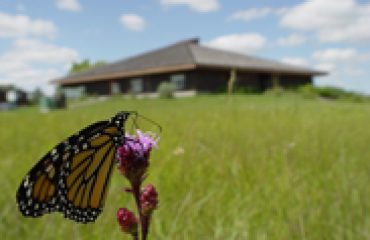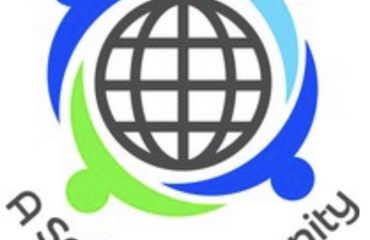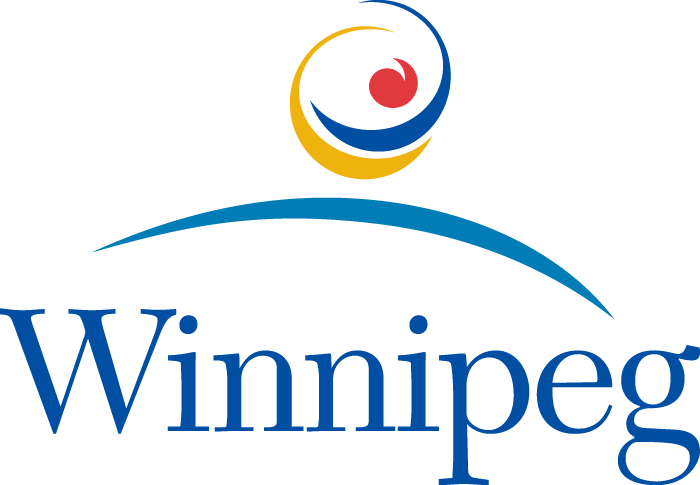City starts mosquito larviciding program
Released:
April 26, 2019, 1:30 p.m.
Winnipeg, MB – The City of Winnipeg has started this year’s insect control season using an aggressive, environmentally friendly mosquito larviciding program. Larviciding is the most effective approach to control mosquitoes, as it targets mosquito larvae in the aquatic stage before they emerge as adults.
“The rise in spring temperatures has triggered a hatch of the spring species of mosquitoes in the water. If weather conditions continue to remain normal, a routine spring larviciding program is anticipated,” said Ken Nawolsky, Superintendent of Insect Control.
This season’s mosquito control program will continue to be based on an environmentally mindful strategy. Employees working in the Insect Control Branch will carry-out the key components of the mosquito control program including:
- A 100% biological larviciding program using ground equipment and four helicopters
- Monitoring and treating over 28,000 hectares of water area on an ongoing basis based on weather conditions
- Monitoring for adult nuisance mosquitoes in New Jersey Light Traps beginning April 29, 2019 with the first trap counts posted on May 1, 2019 on the Insect Control website
- Fogging programs that will only be initiated when the requirements of the City policy, the AFA Guidelines, and the Provincial Pesticide Use Permit are met. If nuisance mosquito fogging is required, the program will be carried out using DeltaGard 20EW®. Areas with highest nuisance mosquito populations will be prioritized and 90 meter buffer zones will be respected. A 24-hour public notice will be issued prior to the start of a nuisance fogging program. Daily public notices will also be issued detailing where fogging will occur that night.
Larviciding with helicopters
In 2017, Transport Canada’s Civil Aviation Division updated the standards on the low flight waiver which allows the City to use contracted helicopters to apply larvicides at low altitudes. When larviciding is occurring in places where people congregate (e.g. athletic fields, larger parks, golf courses etc.), public access will be restricted to these areas 20 minutes before and during treatment. The Insect Control Branch will try to minimize disruption to the public in the areas impacted by posting signage which indicates the date and time of the planned treatment approximately 24 hours in advance of treatment, treating as early as possible in the morning, and using longer lasting larvicides to limit the number of applications required over the season.
Buffer zones
Property owners not wanting DeltaGard 20EW® applied on or adjacent to their principal residence may register as “Anti-Pesticide Registrants” for the adult nuisance mosquito control program. Those who want to register must provide identification that ties the registrant to the address being registered for a buffer zone. A photocopy or scanned document such as a driver’s licence or utility bill will suffice as acceptable identification proving primary residence. Please remember that a 72-hour turnaround time is required.
There are three different options to register:
- In writing to the Insect Control Branch at 3 Grey St., Winnipeg, MB R2L 1V2
- Contacting 311
- In person at 1539 Waverley St.
Please note that since identification is required, registrations cannot be processed over the phone.
Do your part
Property owners are also encouraged to eliminate standing water on their properties by taking one of the following steps:
- Dump It! – containers
- Drain It! – eavestroughing or unused containers
- Cover It! – rain water collection containers
- Fill It! – low-lying areas
- Treat It! – biological larvicide
Register for notification
The Insect Control Branch offers an automated telephone and email notification system. Residents who register for this service will receive daily phone or email notifications for all adult mosquito control activities. To register for the automated email or telephone notification system, residents can go to City of Winnipeg – Register for Notification or contacting 311.
More information
For more information, contact 311 or visit the City’s Insect Control website.



